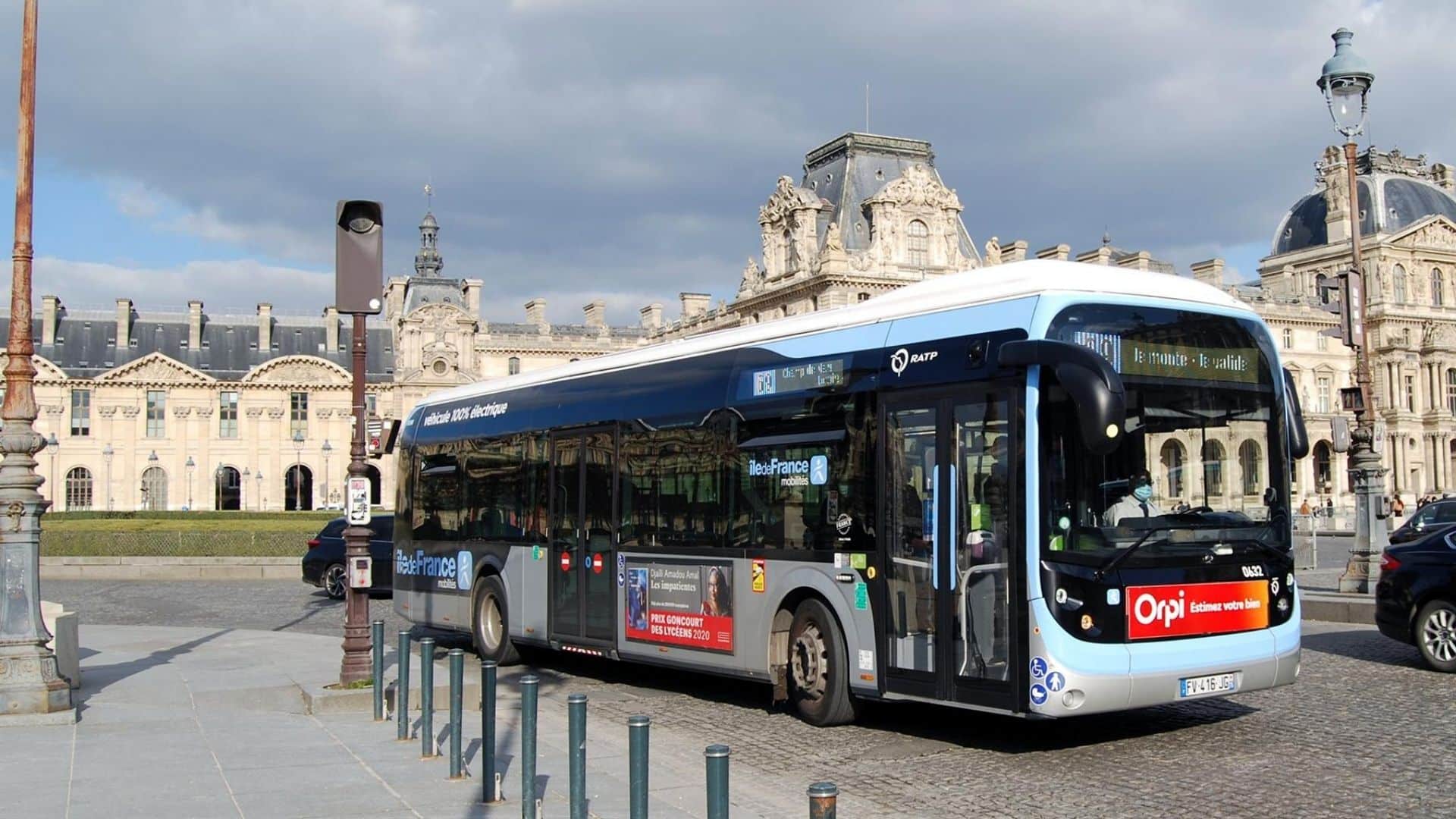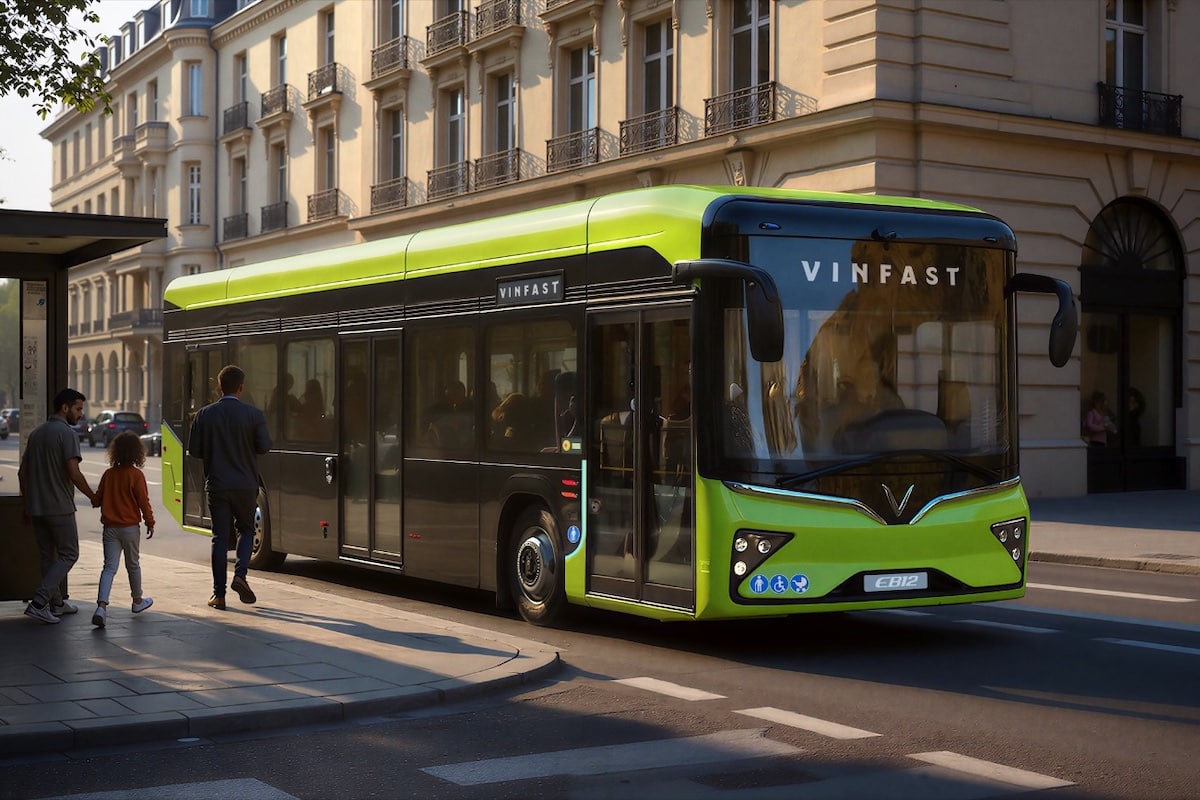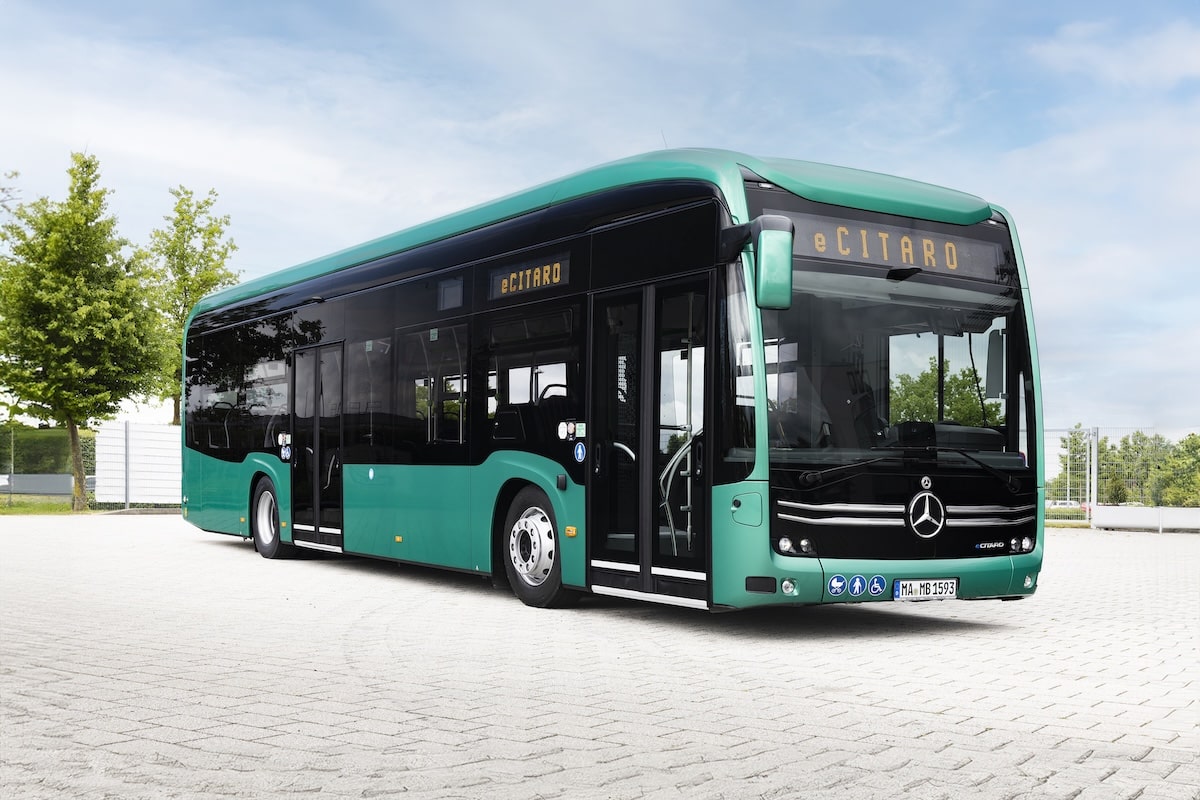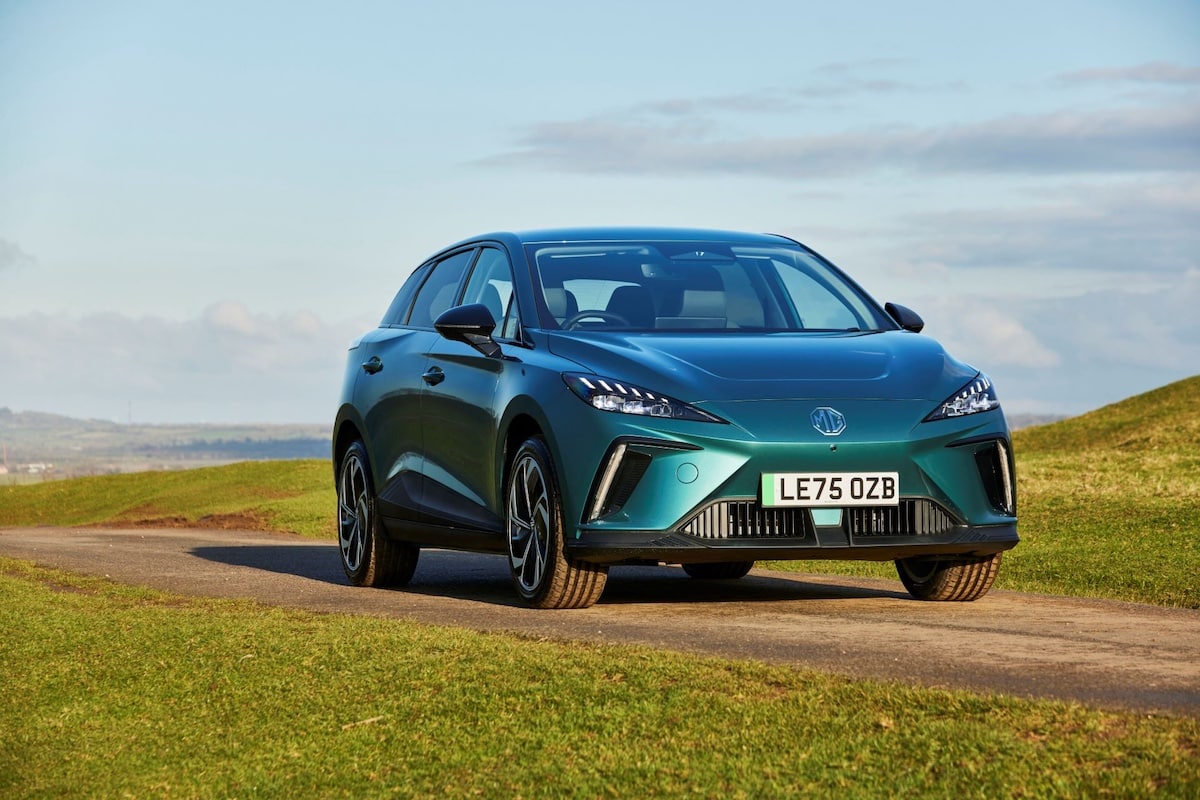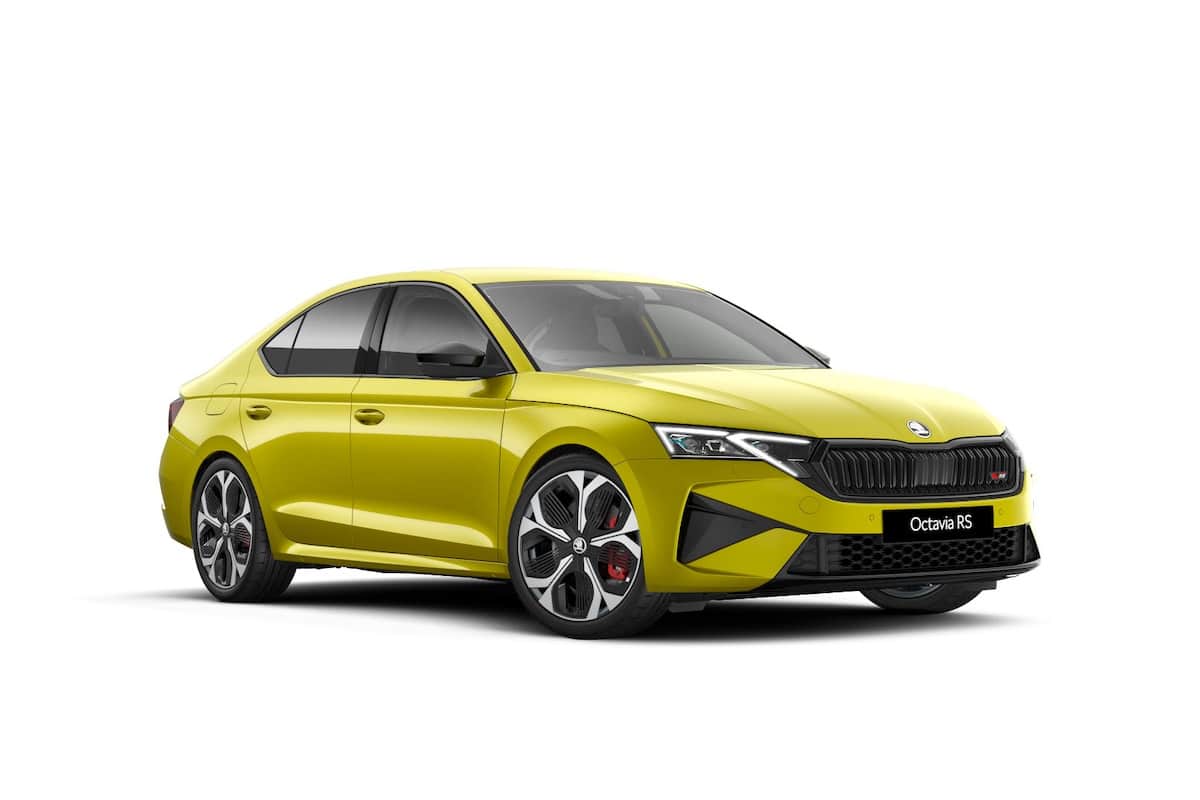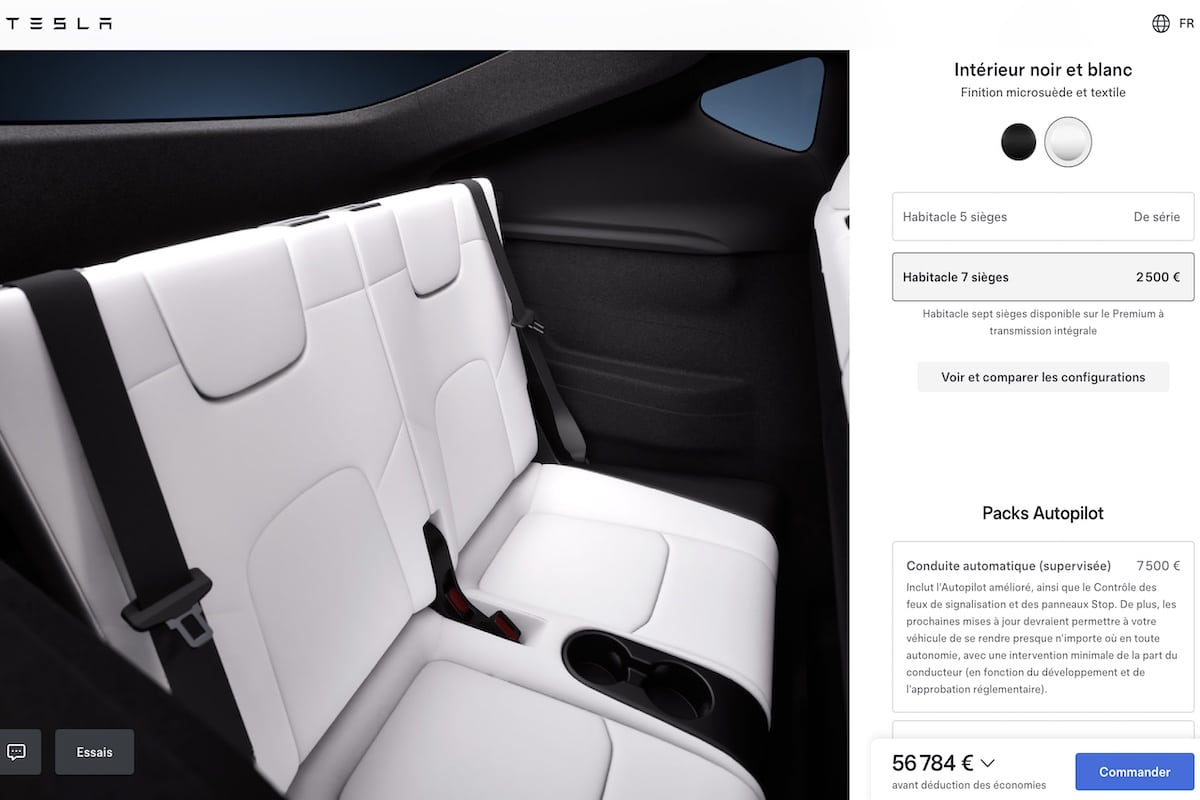Belfort orders new hydrogen buses
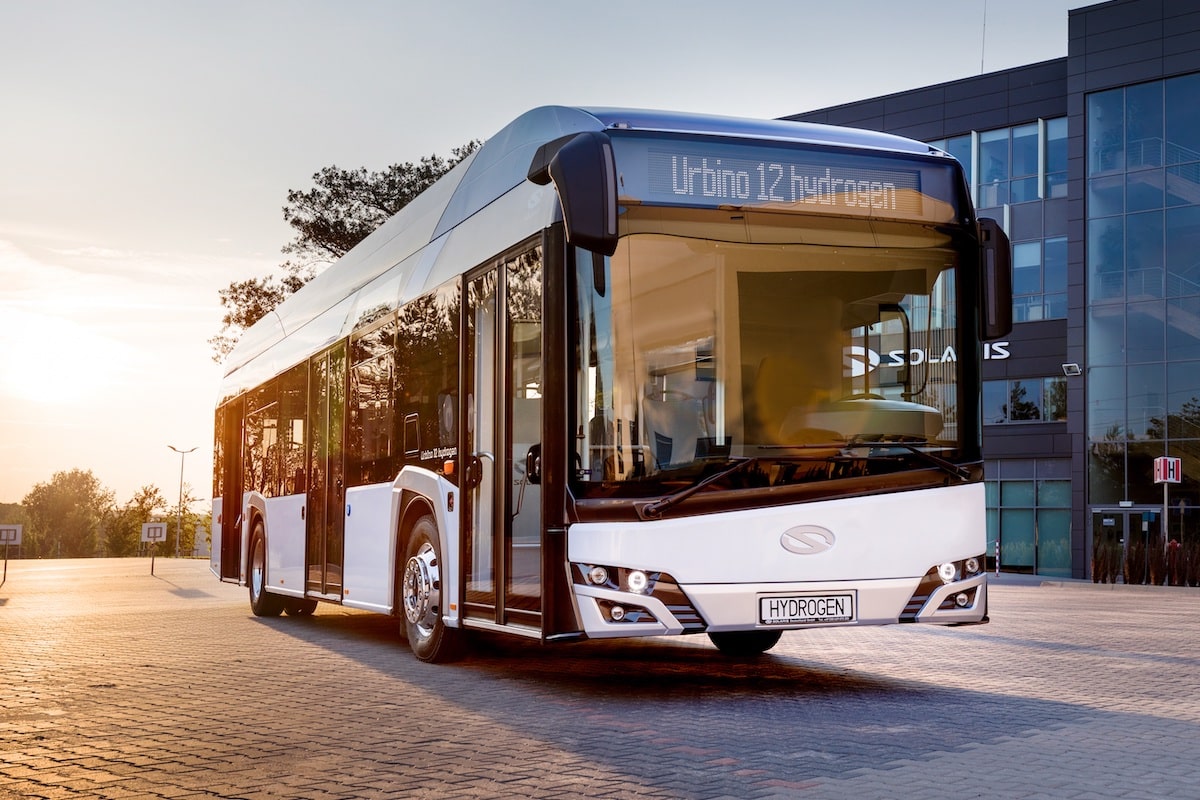
The Belfort territory continues its energy transition by placing a new order for eight hydrogen buses from the Polish Solaris.
There is not a single truth about electric buses. Should they be battery-powered or hydrogen (fuel cell)? One thing is certain: they can no longer be diesel, as that technology is no longer favored in urban areas.
Belfort has chosen hydrogen for eight new articulated buses ordered from the Polish manufacturer Solaris, one of the leaders in Europe since the bankruptcy of the Belgian Van Hool in the spring of 2024. The first units will be delivered in the second half of 2025. These eight buses will augment a fleet of seven initial hydrogen buses, proving that this solution seems relevant in the case of Belfort.
The technical specifications of these Solaris buses are interesting, with armored tanks capable of holding up to 50 kg of hydrogen at 350 bars of pressure. An impressive figure. The fuel cell delivers a constant power of 100 kW to power a buffer battery of 60 kWh and an electric motor of 240 kW, equivalent to about 326 horsepower. A high level of torque is sought here.
The capacity is 140 people (packed like sardines), with a range of 350 km, sufficient for an entire day. This is where the benefit of hydrogen lies!
Recharge at night at the depot
Opposing hydrogen and battery technology is complex, especially considering the purchase price and the location of production. Belfort opts for Europe, while the Chinese BYD tries to capture the battery market. Hydrogen has the advantage of ensuring large ranges, allowing the driver to manage no refueling during the day between trips. Electric buses also require a full overnight recharge, which can last for very long hours.
In some cities where the last runs end around 1 AM and the first run of the morning starts around 5 AM, this time frame can be too short with batteries. Hydrogen is quicker to refuel, with the 50 kg spread across several tanks being accomplished in about an hour.
Still walls to break down
Hydrogen has one final benefit: its performance does not degrade over time because the battery’s state of charge is less critical. Less stressed by high tensions, it tends to age better.
However, hydrogen is still very expensive, as it requires a refueling station. Belfort has already invested for its first buses and is therefore equipped. Nonetheless, the investment is gigantic, with a hydrogen bus costing about 700,000 euros excluding VAT, compared to 300,000 euros excluding VAT for a diesel equivalent. Belfort talks about subsidies, but magic money does not exist: aid is primarily tax money paid by taxpayers. But health and silent operation are worth it.
ALSO READ: The metropolis of Nantes electrifies its fleet of buses
This page is translated from the original post "Belfort commande de nouveaux bus à hydrogène" in French.
We also suggestthese articles:
Also read
